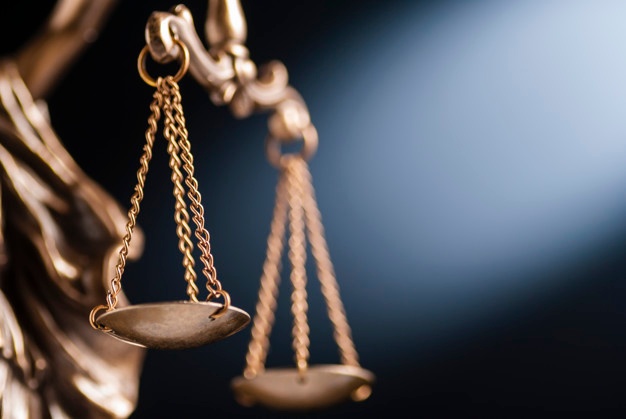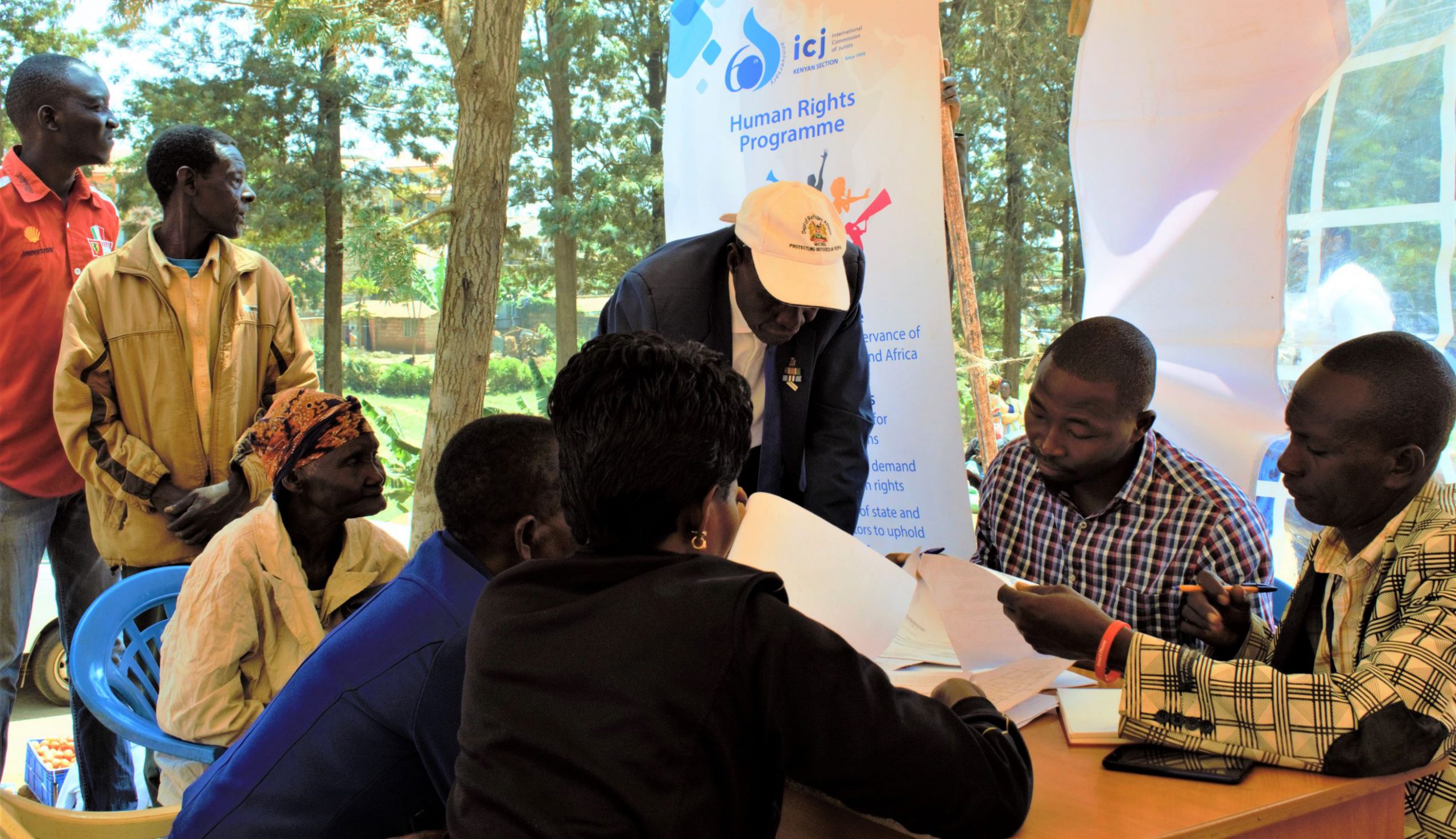Edigah Kavulavu
The Supreme Court of Nigeria in the case of Attorney General, Kaduna State v. Hasan:1985 observed that, “he who cannot reach the court cannot talk of justice from the courts”. The Supreme Court further observed that the denial of individual direct access to the African Court on Human and People’s Rights (The African Court) showed lack of effective legal protection of human rights in Africa. For individuals and NGOs with observer status before the African Commission on Human and Peoples’ Rights (The African Commission) to be able to have direct access to the African Court, their respective states need to ratify the Protocol to the African Charter on Human and Peoples’ Rights on the Establishment of an African Court on Human and Peoples’ Rights (The Protocol) and then make a Special Declaration thereto. State Parties such as the Republic of Kenya which are yet to make a Special Declaration can never be dragged to the African Court on account of human rights violations.
The Protocol was adopted by Member States of the then Organization of African Unity (OAU) in Ouagadougou, Burkina Faso, in June 1998. The Protocol came into force on 25 January 2004. The African Court was established to complement and reinforce the functions of the African Commission which is a quasi-judicial body charged with monitoring the implementation of the African Charter on Human and Peoples’ Rights (The African Charter). The African Court is hosted in the United Republic of Tanzania and its establishment was a significant and progressive step towards institutionalization of human rights in Africa. The African Court comes with the prospect of strengthening Africa’s human rights system and guarantees the protection and respect of fundamental rights and duties in the continent.
The African Court has jurisdiction over disputes and cases brought before it regarding the interpretation and application of the African Charter and any other human rights instruments ratified by the states concerned. The court has both contentious and advisory jurisdiction and it is composed of eleven judges who are elected after nomination by their respective countries. The judges must be persons of integrity and must have proven extensive experience in the field of human rights. The judges are elected for a period of six years renewable once. Justice Ben Kioko, a national of the Republic of Kenya, was elected judge of the African Court in July 2012 for a six-year term.
Article 5(3) of the court’s Protocol provides that the court may entitle relevant NGOs with observer status before the African Commission, and individuals to institute cases directly before it, in accordance with article 34 (6) of the Protocol. Article 34(6) provides that at the time of the ratification of the Protocol or any time thereafter, states shall make a declaration accepting the competence of the court to receive cases under article 5 (3) of the Protocol. The court shall not receive any petition under article 5 (3) involving a State Party which has not made such a declaration.
A major challenge is looming with a majority of African states failing to make Article 34(6) declaration and other State Parties such as Tanzania and Rwanda withdrawing their declarations. This demonstrates a larger problem the court faces; member states wanting a human rights court, but not wanting to be brought before it themselves. As of now, only nine (9) of the thirty (30) States Parties to the Protocol have made the declaration recognizing the competence of the court to receive cases from NGOs and individuals. The nine (9) States are; Benin, Burkina Faso, Côte d’Ivoire, Gambia, Ghana, Mali, Malawi, Tanzania and Rep. of Tunisia. The Republic of Kenya is among the thirty states that have ratified the Protocol.
In November 2019, the United Republic of Tanzania signed and submitted to the African Union a notice of withdrawal of its Article 34(6) declaration. The United Republic of Tanzania entered the declaration in conformity with Article 34(6) on 9 March 2010 which reads as follows, “The Court may entitle Non-governmental Organizations (NGOs) with observer status before the Commission and individuals to institute cases directly before it in accordance with Article 34(6) of the Protocol. However, without prejudice to Article 5(3) of the aforesaid Protocol, such entitlement is only to be granted to such NGOs and Individuals once all domestic legal remedies have been exhausted and in adherence to the Constitution of the United Republic of Tanzania.”
Notably, several complaints of violation of human rights by the United Republic of Tanzania have been recorded at the African Court as well as the African Commission. A cursory review of the complaints handled by the African Court indicates that among 62 cases decided by the African Court so far, 32 of them were filed against the Government of the United Republic of Tanzania by NGOs and Citizens. Among 172 currently pending cases in the court, 105 originate from the United Republic of Tanzania whereas 70 of the cases were filed by CSOs and Citizens and 33 were filed by States, NGOs and Citizens from other countries. Moreover, on 22 November 2019, The African Commission issued a statement condemning the government of the United Republic of Tanzania on the deteriorating situation of human rights in the country.
The Republic of Rwanda was among the first states to accept the jurisdiction of the African Court to hear cases brought directly by individuals and NGOs. The unprecedented decision by the Republic of Rwanda to withdraw its article 34(6) declaration in 2016 and the Rwandan government’s failure to subsequently participate in proceedings before the African Court substantially undermines region-wide efforts to strengthen African human rights institutions and sends an alarming message about the Rwandan government’s commitment to justice and human rights in general.
African states have a duty to protect, promote an fulfil the rights of their citizens. This role is complemented by The African Court which is supposed to ensure protection of human and peoples’ rights in Africa. Therefore, denying direct access to the court means that citizens and NGOs will not be able to seek alternative remedies in a regional court and in turn lead to further decline in the state of human rights in the country. Direct access to the African Court reduces barriers while accessing justice, in particular for the survivors and victims of human rights violations.
Edigah Kavulavu serves as a Programme Manager Human Rights and Justice Programme. He is a dynamic thinker with a passion for research and devotes much of his time to addressing Kenya’s and Africa’s systemic problems through the law.











